2022 OWSD Early Career Fellows Announced
January 13, 2023
Twenty-five women from the developing world have been awarded OWSD Early Career Fellowships, supporting them to establish international-level research centers at institutions across the Global South.
OWSD is pleased to announce the 25 women who have been granted the 2022 Early Career Fellowship. These scientists will receive up to USD 50,000 to lead research projects and establish research groups at their home institutions to maintain an international standard of research and attract scholars from all over the world to collaborate. Funding for the fellowships is generously provided by Canada's International Development Research Centre (IDRC). In addition, the Aspen Institute Italia is this year funding for the first time one Early Career fellowship, marking the first step of a collaboration that will build the bridge for future opportunities to support women in science from the developing world.
The fellowship programme supports outstanding women scientists to lead important research projects in those countries which have been identified as especially lacking in scientific and technological resources. As well as funds to build up laboratories and purchase equipment, the flexible grant pays special attention to the challenges that women researchers face and can be used to hire MSc students and technicians, invite international speakers, produce webinars, develop training programmes as well as establish connections with industry.
During the 3-year fellowship, fellows will receive specific training to build on their leadership and management skills and develop connections with a variety of public and private sector partners to potentially convert their research into marketable products or guarantee its impact on a broader scale. By improving their communication and outreach skills, fellows will also learn to effectively present their research to various audiences, thus attracting new collaborators and potential funders to ensure the sustainability of the research project.
Meet all the 2022 Early Career fellows below.
Early Career Fellows

Mavis Agyeiwaa Acheampong
Research project: Integrated biocontrol of key pests and diseases of chilli pepper using microbial plant extract formulation
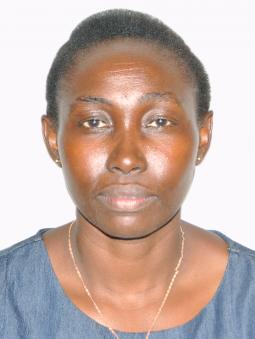
Saphina Biira
Research project: Energy recovery from solid waste and water treatment in Tororo, Uganda

Khongorzul Batchuluun
Research project: Pituitary adenoma (tumors and carcinoma) among Mongolians and its pathological features: cancer stem cell and its relation to cell adhesion molecules and cell signaling

Maria Helena Paulo António
Research project: Morphodynamic evaluation of the bons sinais estuary and it’s implication on the fisheries sustainability: an alternative approach to understand the relationship between morphodynamics, population ecology and environment preservation

Mary Adjepong
Research project: Complementary feeding product that is rich in essential fatty acid (EFA) and carotenoids to improve ocular health, enhance cognitive development and growth in children
Hazir Elhaj
Research project: Ensuring a sustainable energy transition in rural areas of Sudan by use of appropriate technologies.
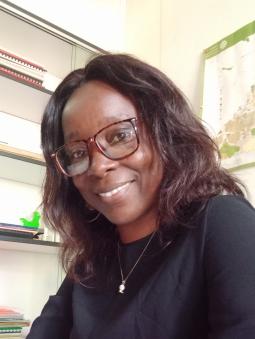
Astride Carole Djeuani
Research project: Molecular characterization of Endophytics and phosphorus solubilizing fungi associated with rhizome used as the seeds in Araceae plants during plant growth under biofertilization.

Vivian Etsiapa Boamah
Research project: Development of wound-healing formulation from indigenous medicinal plants for management of chronic wounds – through management of Cutaneous Leishmaniasis (CL) lesions in CL endemic communities in Ghana.

Daphne Nyachaki Bitalo
Research project: Improving Uganda's cocoa farm fermentation through controlled microbial interventions.

Namaunga Kasumu Chisompola
Research project: Elucidating the mechanisms of action of medicinal plants used in Zambia in the treatment of opportunistic infections in people living with human immunodeficiency virus.

Alice Nabatanzi
Research project: Prevention and management of postpartum hemorrhage (pph) using affordable, effective, and safe phytouterotonics.

Anna Haji Msigwa
Research project: Remote sensing and machine learning in water stress detection, with an emphasis on applications in maize farming.
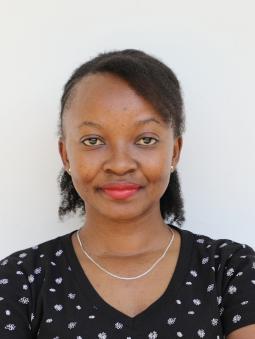
Neema Mathias Mduma
Research project: Deep learning tools for early detection of diseases affecting common bean and Irish potato in the Southern Highlands Regions of Tanzania.

Edith Talina Luhanga
Research project: Mobile applications for prevention of maternal and child malnutrition through early warning and behavior change support.
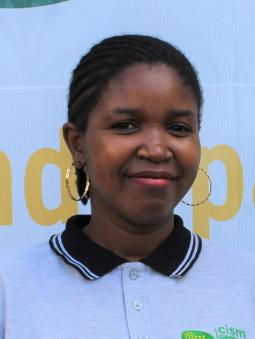
Eva Dora da Cruz João
Research project: Exploring the relationship between environmental enteropathy biomarkers and response to the oral monovalent vaccine, Rotarix©, in children less than five years at Manhiça district, a rural setting in Mozambique.
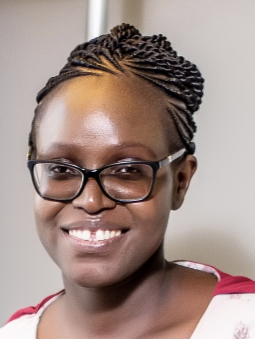
Marilyn Chepkurui Ronoh
Research project: Using computational modelling and artificial intelligence to enhance HIV testing, status awareness, and status disclosure among adolescent boys and girls and young men and women in Kenya.
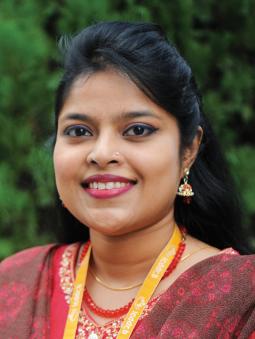
Sadia Isfat Ara Rahman
Research project: Impact of the Vi-tetanus toxoid typhoid conjugate vaccine (Vi-TT) on reducing the AMR burden in the cluster randomized TyVAC trial in Bangladesh.
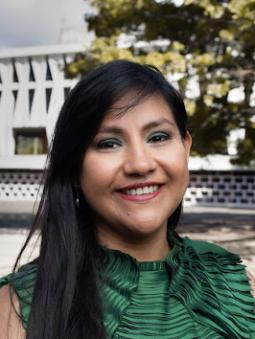
Maura Liseth Quezada Aguilar
Her research project will identify at-risk species of oak trees within the forests of Guatemala's volcanic mountains, and establish community nurseries for their conservation. Oaks are of tremendous ecological as well as economic importance in Guatemala. The oak and pine-oak forests in the mountainous regions of Central America are often called the "forest bridge of the Americas". More than 70% of Guatemala's rural population also depends on oak trees as their main energy source. While the different species of oaks have been mapped in 15 of Guatemala's 22 administrative departments, information is missing for the regions that make up its volcanic mountain chain. This project will gather data on the distribution and vulnerability of oak species within these departments, informing strategies for conservation, management and restoration of the forest landscape considering the ecological and socioeconomic importance of these species. It will also promote participatory processes through the involvement of civil actors, students and university professors, and strengthen community and municipal nurseries, prioritizing threatened oak species so that they are available to be used in forest restoration.
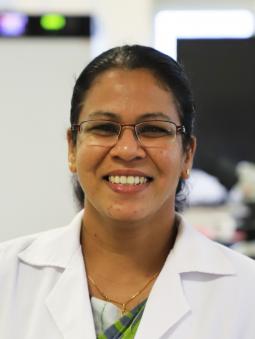
Asha Dilrukshi Wijegunawardana Nahallage Dona
Research project: Determination of the feasibility of paratransgenesis approach for controlling sand fly vectors in Anuradhapura district, Sri Lanka.
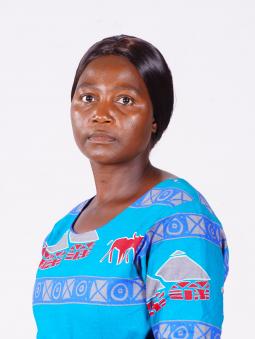
Piwai Tshuma
Research project: Design and synthesis of enzyme functionalised Metal-Organic Frameworks for conversion of carbon dioxide to formic acid: repurposing a greenhouse gas for energy applications.
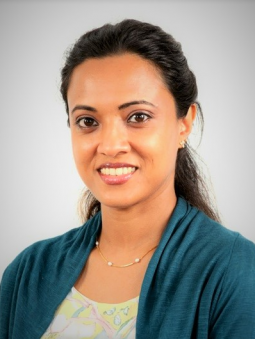
Samawansha Harsheni Tennakoon
Research project: Investigation of chemical and biological properties of a plant-based treatment used in Sri Lanka to treat cancer patients.

Subhangi Subedi
Research project: Carbon quantum dot as a next-generation smart fluorescent probe to scrutinize and control environmental threats.
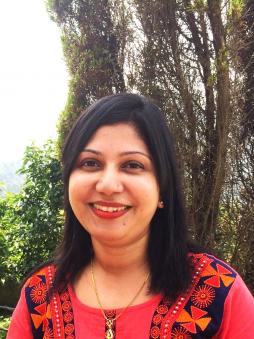
Supriya Sharma
Research project: Combating against antibiotic resistance: Using nanoparticles combined with antibiotics against WHO recognized antibiotic resistant priority pathogens from pigeon droppings of selected temples of Kathmandu, Nepal.
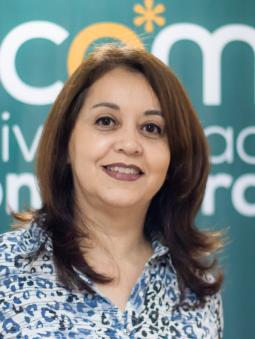
Margarita Ramona Ruiz Olazar
Research project: A computational system for analysis and visualization of neuroimaging experimental data











































